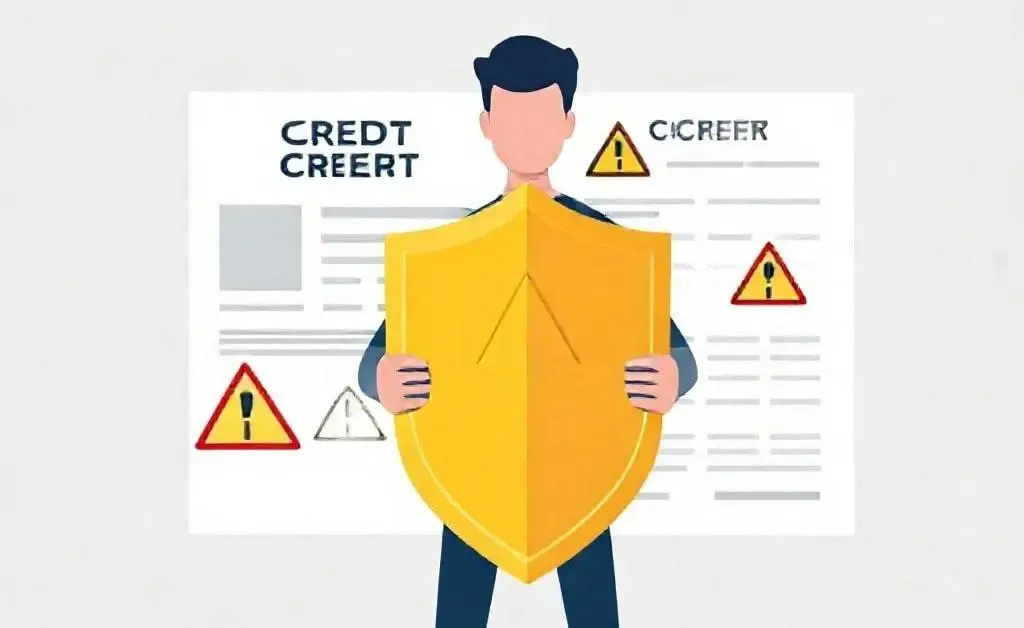How to Protect Yourself from Dubious Credit Reporting Practices
Explore practical ways to shield yourself from unfair credit practices and ensure your financial peace.

Ever had a credit report surprise you with errors you didn't expect? You're definitely not alone in this labyrinth of modern financial concerns. Many people find themselves caught off guard by inaccuracies in their credit reports, impacting their financial health and peace of mind.
Unpacking the Mysteries of Credit Reporting
Before diving into how you can safeguard yourself, let's shine a light on what often goes wrong. Credit reporting agencies collect and sell data that paints a picture of your financial habits. However, incorrect data can slip through the cracks. Imagine planning to buy your dream home, only to be blindsided by a blemish on your credit report that isn't even yours!
- Review your credit reports annually. It's free!
- Dispute errors immediately with credit bureaus.
- Monitor your financial statements for irregularities.
- Opt for identity theft protection services.
Keeping Your Financial Sanctuary Safe
Let's journey into a practical strategy to maintain your financial well-being. Picture your finances like a garden. Neglect it, and weeds (or in this case, errors) may overtake it. But with regular care and attention, it can thrive beautifully. Here’s a relatable tale: Jane got her credit score up by consistently using the above tips, allowing her to finally get the interest rate she deserved on her mortgage.
Make it a habit to practice mindful data handling—consistently check which financial products and services access your data. Opting for transparency wherever possible is key to ensuring the right information represents you.
Final Thoughts
Navigating the world of credit reports and scores doesn't have to be a constant source of stress. With diligence and a few preventative measures, you can protect yourself from potentially harmful inaccuracies. Have you had an experience with correcting a credit report error? What steps did you take?




